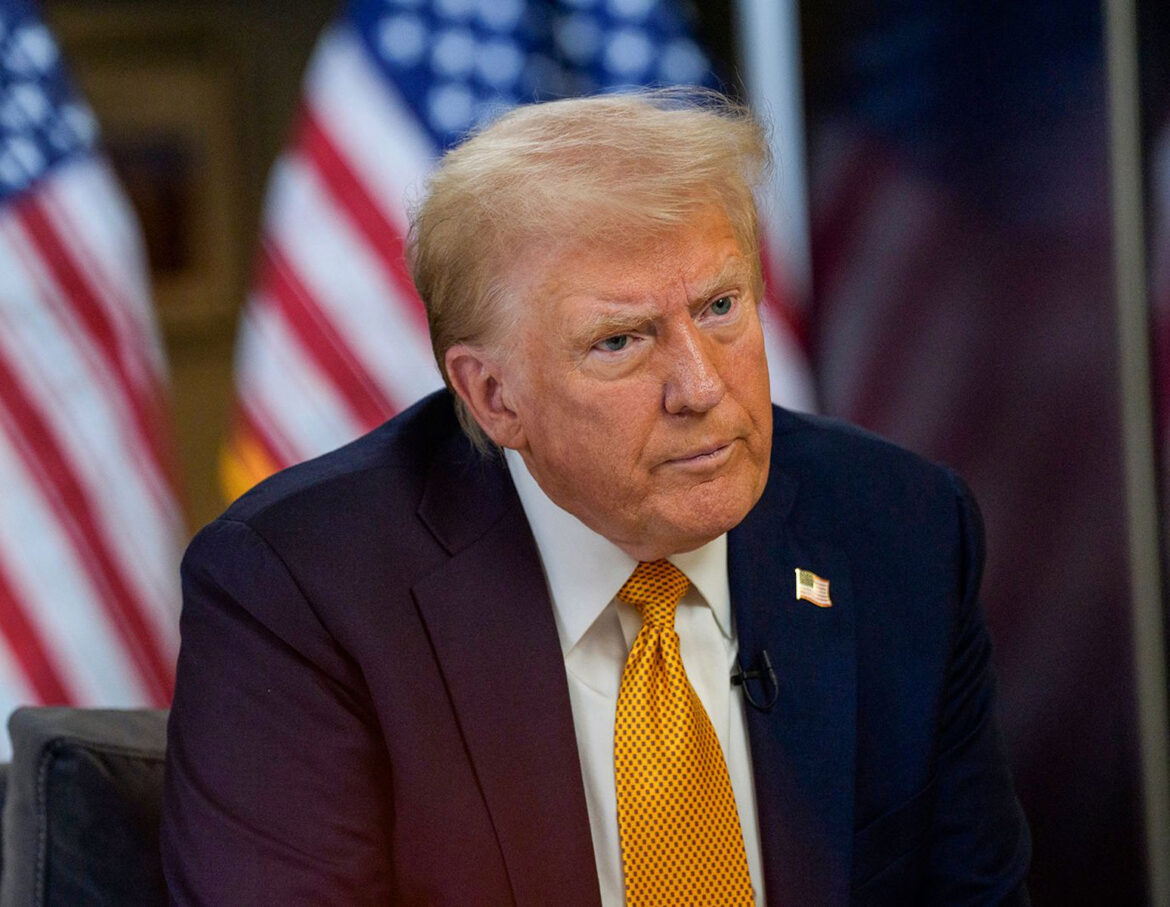In a controversial move, US President-elect Donald Trump has announced plans to end birthright citizenship, a policy enshrined in the 14th Amendment of the US Constitution that grants automatic citizenship to anyone born on American soil, regardless of their parents’ immigration status.
During an interview on Meet the Press, Trump reiterated his hardline stance on immigration, pledging to deport undocumented immigrants and their families, even those with children born in the United States. “You have no choice,” he stated, emphasizing strict enforcement of immigration laws.
Trump also expressed a willingness to collaborate with Democrats on legislation to protect “Dreamers,” undocumented immigrants who entered the US as children. He suggested allowing them to remain in the country under specific conditions, calling it a potential area for bipartisan cooperation.
However, Trump labeled undocumented immigrants as “criminals” and underscored their deportation as a priority. “We have to get the criminals out of the country, but we are starting with the criminals,” he said.
The President-elect vowed to prioritize the elimination of birthright citizenship from his first day in office. Legal experts and political analysts have noted that such a move would likely face significant constitutional and judicial challenges, given the 14th Amendment’s explicit wording.
The announcement has ignited a heated debate about its constitutional, social, and economic implications. Advocates for immigration reform warn of the potential consequences for families and children, while supporters argue it would deter illegal immigration and uphold the rule of law.
The policy proposal is expected to dominate public discourse as the Trump administration prepares to assume office.



